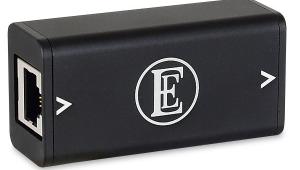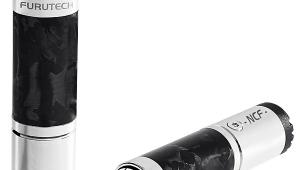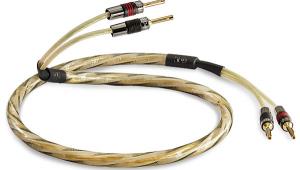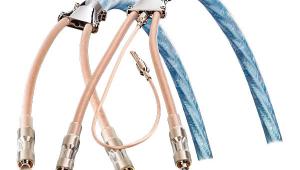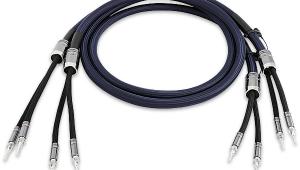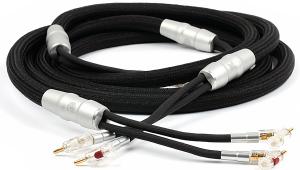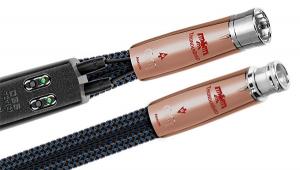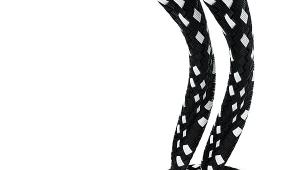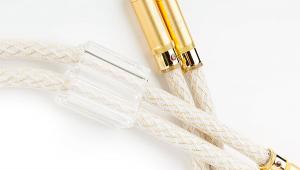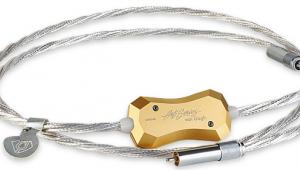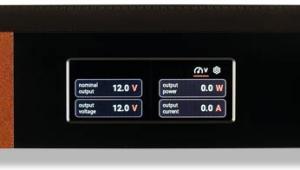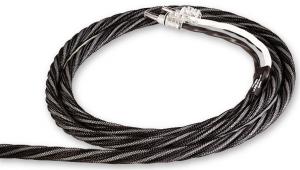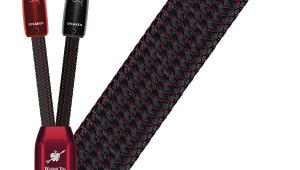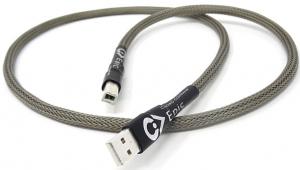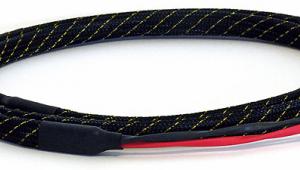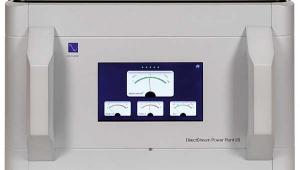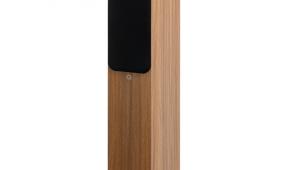Atlas Equator XLR Interconnect Cables
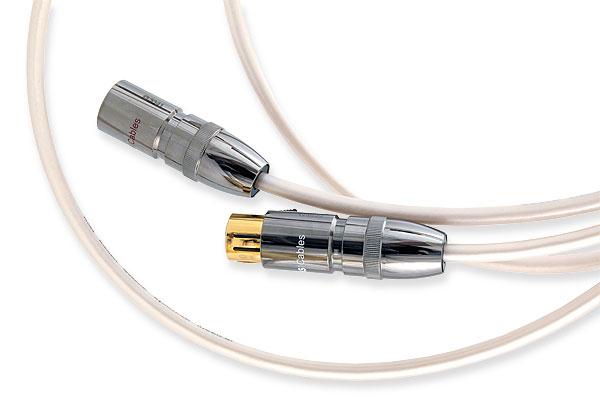
 Recognising that mainstream gear is being equipped with both RCA and XLR sockets, Atlas has developed a 'balanced' version of its Equator cable.
Recognising that mainstream gear is being equipped with both RCA and XLR sockets, Atlas has developed a 'balanced' version of its Equator cable.
Judging by the increased number of XLR sockets seen on hi-fi separates in recent years, 'balanced' is rapidly becoming the new black. Balanced signal transmission has its benefits over long runs in suppressing common-mode interference and maintaining the topology between a balanced pre and power amp, for example, although many would debate that the extra circuit complexity outweighs the benefits.
That's a discussion for another day as, here, we look at a new Atlas interconnect that illustrates the industry trend towards XLR-equipped cable derivatives. In this case Atlas's new Equator XLR is a symmetrical/balanced version of its longstanding and well-reviewed Equator Integra RCA interconnect.
Cold Welding
Within the Atlas hierarchy the Equator XLR sits between its Element XLR, the base model, with Hyper XLR at the top of its hi-fi range (the Ascent/Mavros/Asimi cables occupy the 'high-end' range). Prices start from £500 for a 1m stereo set, increasing by £50 per stereo metre (so £600 for a 3m stereo set).
While Atlas's Element XLR uses OFC conductors and XLR pins, and a foamed polyethylene dielectric, the Equator XLR uses OCC (Ohno Continuous Casting) copper conductors and silver-plated OCC pins, plus the same dielectric. There's no soldering here as the OCC-to-OCC connections are all cold welded.
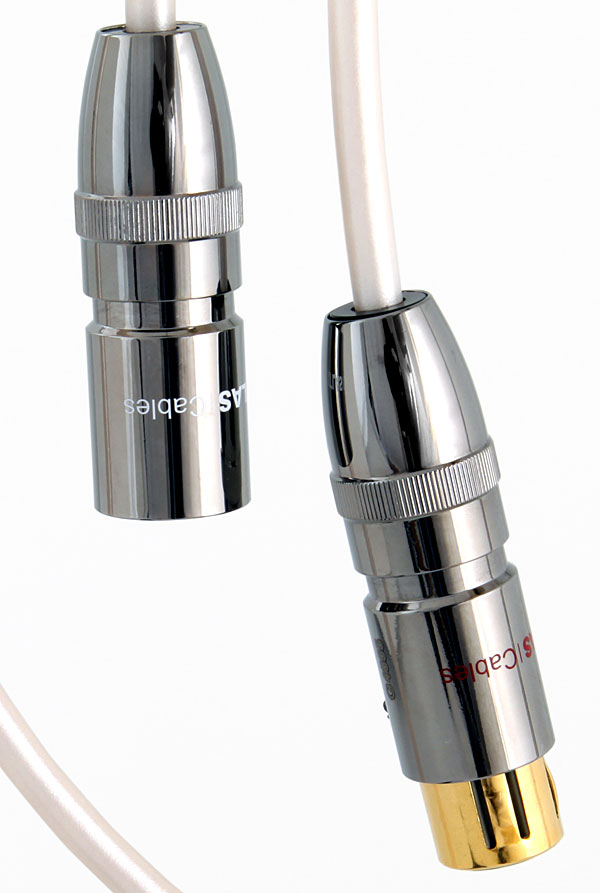
The internal geometry is very straightforward – both the signal (L) and return (R) cores are a twisted pair, comprising 2x60x0.1mm strands, while the screen (the 'X' in XLR) is a combination mylar/aluminium foil plus woven OFC braid, terminated at both ends of the cable. The Equator interconnects are not marked for directionality although slow-drawn OCC copper directly embraces the concept. Either way, a cotton filler holds all the cores in place, reducing microphony, before the entire cable is jacketed in a soft, pearl white PVC.
OCC copper may have fewer grain boundaries than an equivalent-purity OF copper but the 75mohm/m loop resistance remains unaffected as does the low capacitance and series inductance of 75pF/m and 0.40µH/m, respectively. This is another Atlas cable suitable for long runs.
![]() Around The World
Around The World
I had the opportunity to compare these new balanced Atlas Equators with the brand's costlier Mavros Ultra cables [HFN Mar '16] as well as the stratospherically-priced silver/gold Absolute Dream from Crystal Cable [HFN Jun '12] and, in no respect, did the Equator XLR come up embarrassingly short. Laced between my dCS Vivaldi One player/DAC [HFN Feb '18] and Constellation Inspiration monoblocks [HFN Oct '19] the Equator XLR offered a slightly more rounded view of musical events, trading some micro-detailing for a smoother balance that, potentially, will find a very sympathetic home in a slightly brighter-sounding system.
Yello's limited edition 'Virtual Concert' DVD-A issue of Touch [N/A cat no; 48kHz/24-bit] provided a focused example of how the Equator XLR succeeds in taking the edge off the liveliest percussion while still retaining the body and ambience of the performance. The Equator XLR ensured that Dieter Meier and Boris Blank's energy, power and enthusiasm was retained on their virtual stage, while avoiding any opportunity for grit and grain to aggravate what might already be a forward-sounding amp or speakers. The sound remains nimble too, the bass unmuddied and quick where it needs to be or heavy and extended where the recording demands. It's a very realistic upgrade from basic XLR interconnects.
Hi-Fi News Verdict
I have described the influence of Atlas's Equator XLR interconnects as one of remedy, a very subtle emollient that trades crystalline, forensic insight for a sound that is both forgiving and musically compelling. There are 'brighter sounding' interconnects available, but do not read the Equator XLR's story as a euphemism for 'dull' or recessed, for these are shrewdly balanced to reward without stripping your music to its roots.
Price £500 (1m stereo set, terminated in XLRs)
